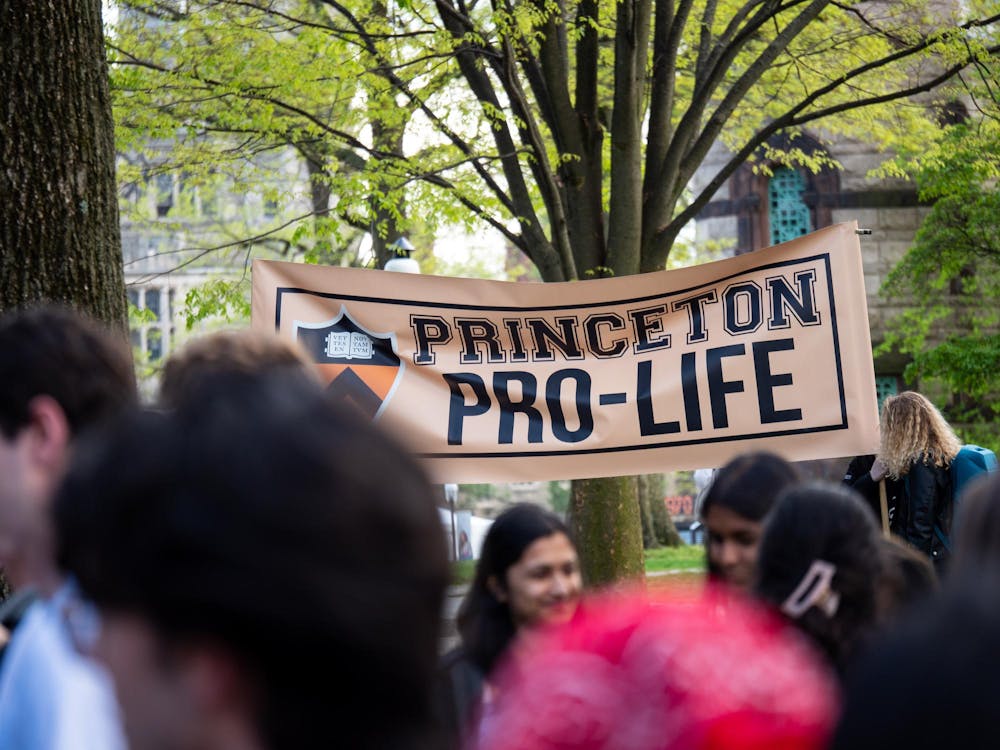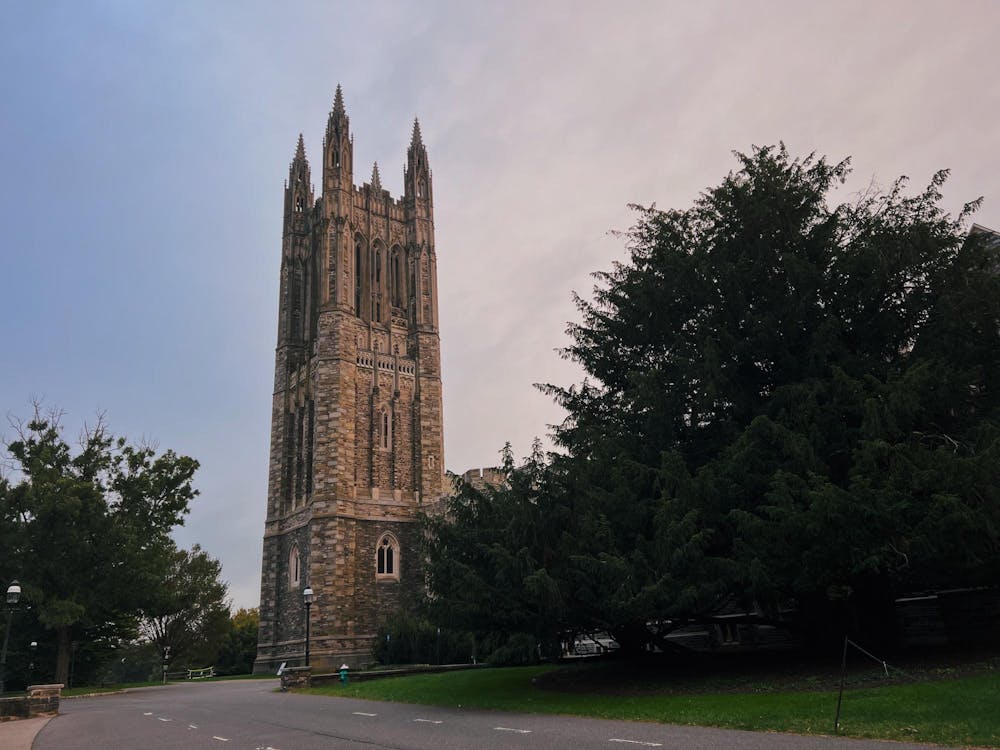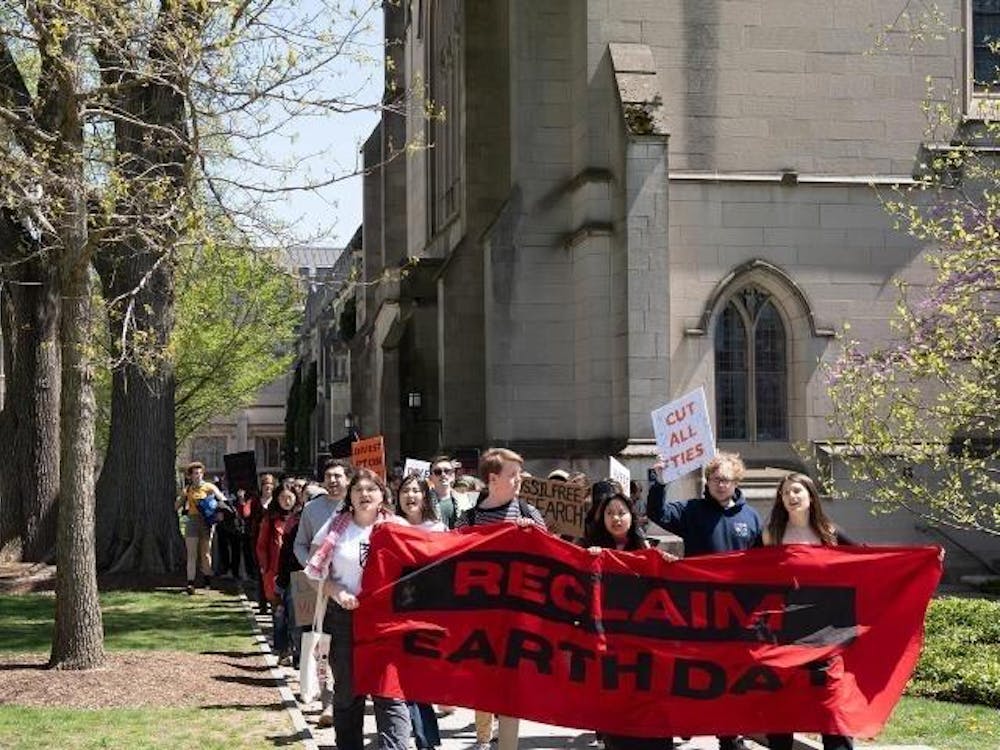The Princeton Neuroscience Institute has drafted a proposal outlining a program of study for a new neuroscience concentration, according to a document obtained by The Daily Princetonian and dated June 24.
The proposal will be discussed and presumably voted upon at a faculty meeting on Monday afternoon, Deputy Dean of the College Clayton Marsh confirmed in an email on Saturday.
The change comes nine years after the founding of the Princeton Neuroscience Institute, an initiative of then-University President Shirley Tilghman, and less than a year after the opening of the new psychology and neuroscience building. Since 2001, the University has offered a certificate program in neuroscience that has expanded considerably since, but the administration had not previously publicly indicated its intention of developing a full concentration in the discipline.
According to the document, the proposal’s motivation is three-pronged. The proposal explains that neuroscience is a well-established field, many of Princeton’s peer institutions offer neuroscience as a concentration and there is growing student interest in neuroscience as a concentration.
“We are receiving a growing number of inquiries from applicants to Princeton about whether it is possible to concentrate in neuroscience, and our own students have begun to clamor for a Neuroscience concentration,” the proposal states.
Currently, the majority of Princeton’s peer institutions — including Brown, Caltech, Columbia, Dartmouth, Harvard, MIT, the University of California, Berkeley and the University of Pennsylvania — have undergraduate neuroscience programs, according to the proposal. Cornell, Yale and Stanford do not have neuroscience programs but provide neuroscience tracks within concentrations such as biology or psychology.
PNI Assistant Director Timothy Tayler declined to comment last week when questioned about the proposal, instead deferring comment to Marsh who did not comment beyond disclosing that a neuroscience concentration proposal will be discussed on Monday's faculty meeting.
It remains unclear how up to date the proposal obtained is or whether it has been the subject of substantial revisions since June.
[scribd id=248727009 key=key-g75Zzrh956uA8Yhd6MLN mode=scroll]
The proposal lists introductory courses in physics, chemistry, calculus, statistics, computer science and neuroscience as requirements for participation in the concentration. It also lists “a new 300-level laboratory course to be offered on modern methods in neuroscience” as a required course.
The course catalog for the upcoming spring semester lists a new 300-level neuroscience offering, NEU 350: Laboratory in Principles of Neuroscience. The catalog description states that the course is required for concentrators.
Similar lab courses, such as MOL 350: Laboratory in Molecular Biology, currently only exist for concentrators of the molecular biology department but not for those pursuing a certificates.

NEU 350 will be taught by professors Alan Gelperin and David Tank. Gelperin and Tank did not respond to requests for comment.
The PNI complex, which currently houses both the psychology and neuroscience departments, completed construction in December 2013. The proposal notes that the building contains dedicated teaching laboratories and has space and plans for six new faculty members to be recruited.
“Thus, the development of PNI has positioned it well to meet the demands for a Neuroscience concentration,” the proposal states.
The proposal notes that the schools that currently do not offer a neuroscience concentration do not have a well-established unit to support the program.
“At Princeton, PNI constitutes such a unit,” the proposal states.
The proposal also notes that PNI currently has enough academic, administrative and physical resources to support the creation of a neuroscience concentration.
The proposal addresses the issue of accessibility of the neuroscience certificate, noting that the certificate program is currently geared towards students who have a primary interest in neuroscience and students who have only a secondary interest in neuroscience and are actively pursuing another field of study.
“With the creation of a concentration, we could relax some of the requirements of the certificate program, to accommodate a broader range of students interested in the program,” the proposal states.
According to the proposal, neuroscience concentrators would need to conduct independent junior year work as well as independent senior year research for a senior thesis. Concentrators would also be required to participate in an annual retreat, which PNI currently already hosts. The proposal also notes that a new semiannual PNI undergraduate social gathering would be created for both certificate program participants and concentrators.








